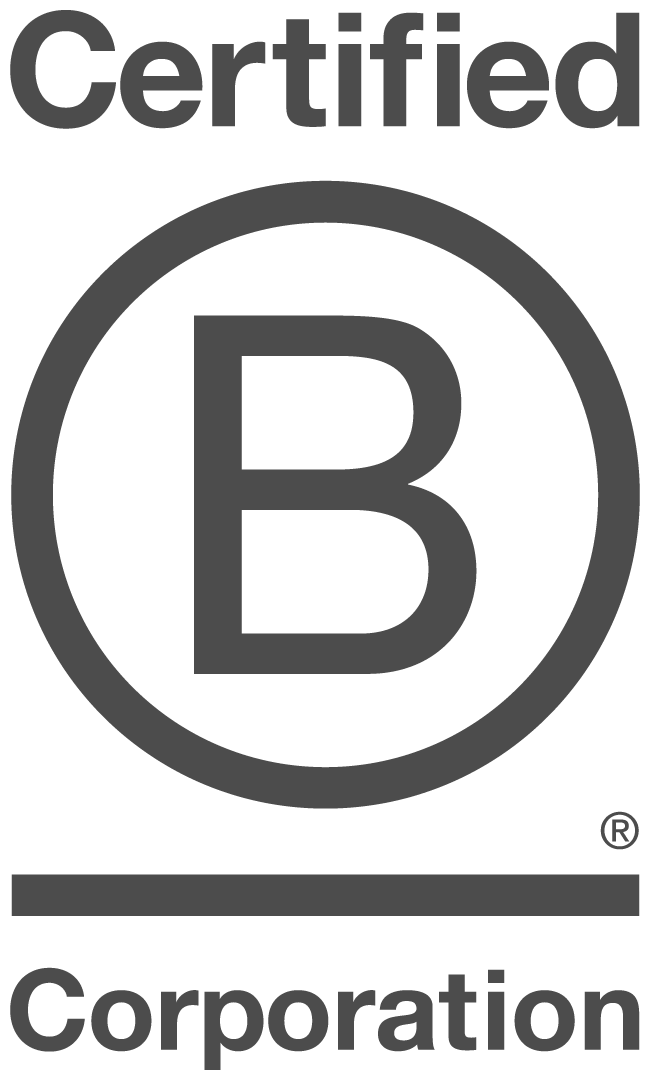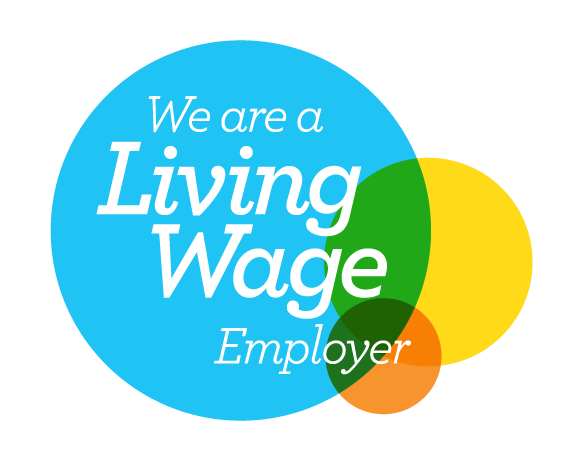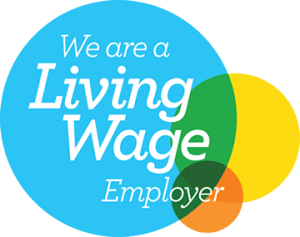How building optimisation can drive energy efficiency & decarbonisation
How Building Optimisation can drive energy efficiency & DECARBONISATION

Article by Gary Bark
Sales & Marketing Director
Gary’s dedication to revenue growth and brand building, proven over three decades of leading sales teams and optimising smart buildings, make him essential to what Optimised is and what it stands for. In this article, Gary shares his expertise on the building optimisation industry, and how advances in technology are essential to sustainability.
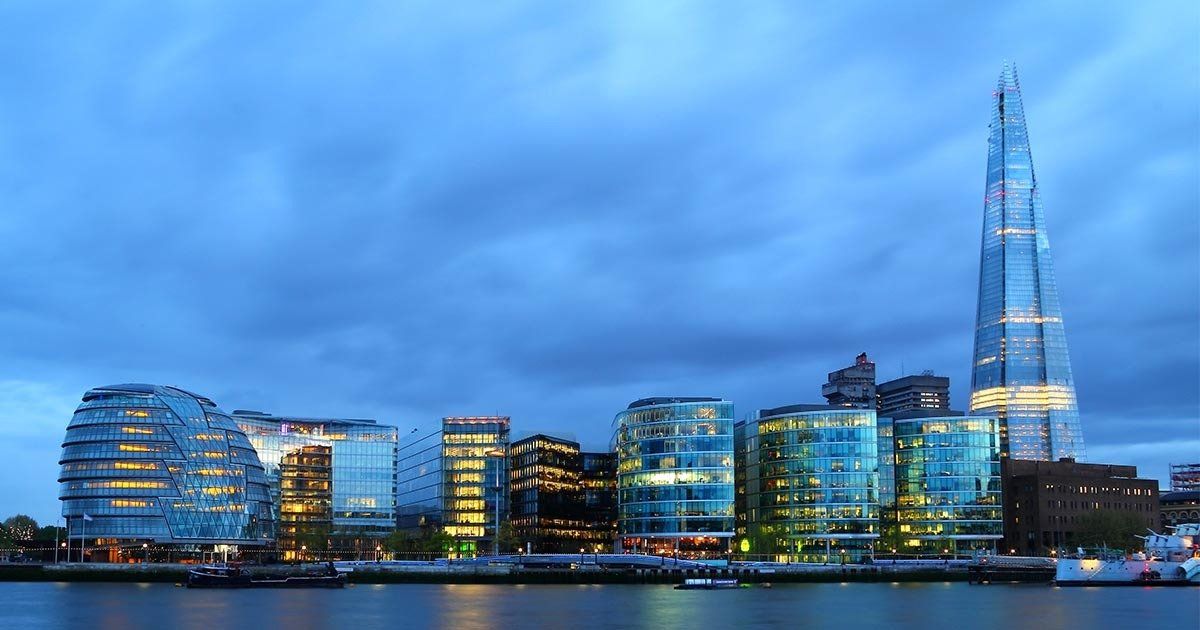
Making buildings energy efficient
WHAT IS BUILDING OPTIMISATION?
Building optimisation is a rapidly evolving field that aims to enhance energy efficiency, sustainability, and overall performance of buildings. As we look into the future, several trends and advancements are expected to shape the future of building optimisation.
How will AI play a role?
Integrated Technology:
Artificial Intelligence (AI) & Machine Learning (ML) are increasingly being integrated into buildings systems. These technologies can analyse large amounts of data from various sources, such as sensors, weather forecasts, and occupancy patterns, to make informed decisions and automate building operations. AI-powered algorithms can optimise energy consumption, adjust lighting and HVAC systems based on real-time conditions, and predict maintenance needs to improve overall building performance.
Will IoT be involved?
Internet of Things (IoT) & Connectivity:
The IoT is connecting devices, sensors, and systems within buildings, enabling real-time monitoring and control. This connectivity allows for seamless data exchange between various building systems, enabling better coordination and optimisation. For example, sensors can detect occupancy and adjust lighting, temperature, and ventilation, accordingly, leading to improved energy efficiency and occupant comfort.

How will building data be used to improve energy efficiency?
Data Analytics & Predictive Maintenance
Building optimisation systems are becoming more sophisticated in leveraging data analytics and predictive maintenance techniques. By analysing historical data and utilising machine learning algorithms, building operators can identify patterns and anomalies, predict equipment failures, and schedule proactive maintenance, thus reducing downtime and maximizing energy efficiency.
Can renewable energy be incorporated?
Renewable Energy Integration
With the increasing emphasis on decarbonisation, future building optimisation strategies will focus on integrating renewable energy sources. Buildings will incorporate solar panels, wind turbines, and other renewable energy technologies to generate power on-site. Optimisation algorithms will prioritize the use of renewable energy sources and manage energy storage systems to optimize energy usage and reduce reliance on the grid.
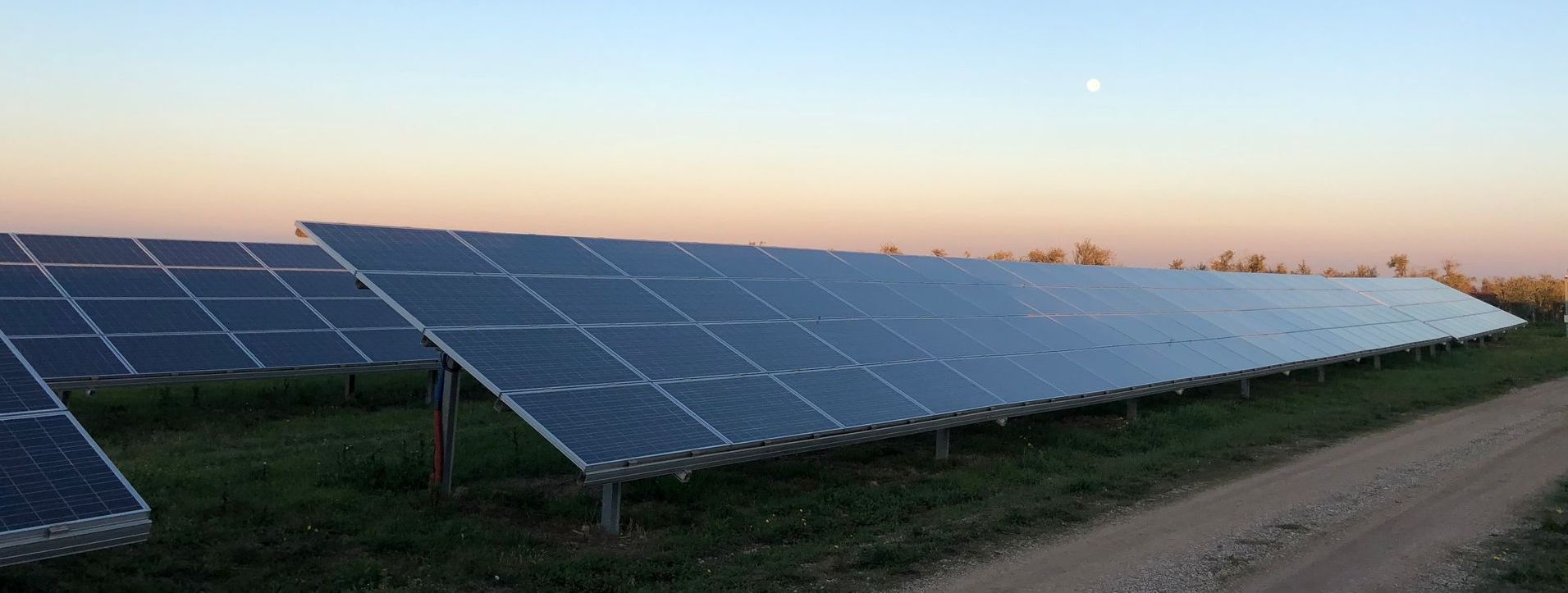
How will occupant comfort be maintained?
Occupant Engagement & Personalisation
Building optimisation is shifting towards occupant-centric approaches. Advanced systems will allow occupants to have greater control and visibility over their environment, such as adjusting lighting, temperature, and airflow preferences through mobile apps or voice commands. Personalisation and adaptive systems will optimize settings based on individual preferences and behaviour, enhancing occupant comfort and well-being.
Can it help achieve outstanding environmental ratings?
Green Building Certifications & Regulations
Governments and regulatory bodies worldwide are increasingly adopting stricter energy efficiency standards and green building certifications. Building optimisation will play a vital role in meeting these requirements. Future building optimisation solutions will focus on achieving and maintaining certifications like LEED (Leadership in Energy and Environmental Design) or BREEAM (Building Research Establishment Environmental Assessment Method) by continuously monitoring and optimising building performance.

Overall, the future of building optimisation will revolve around harnessing advanced technologies, optimising energy consumption, integrating renewable energy sources, prioritising occupant comfort and engagement, meeting green building certifications, and embracing sustainability throughout the entire building lifecycle. These advancements will result in more energy-efficient, sustainable, and intelligent buildings that enhance the well-being of occupants and contribute to a greener future.
BOOK YOUR 30-MINUTE ENERGY MANAGEMENT CONSULTATION
Fill in your details below to arrange a complimentary consultation with one of our experts. They will give you bespoke advice to help your business achieve all its energy needs, reducing cost, consumption and carbon.



